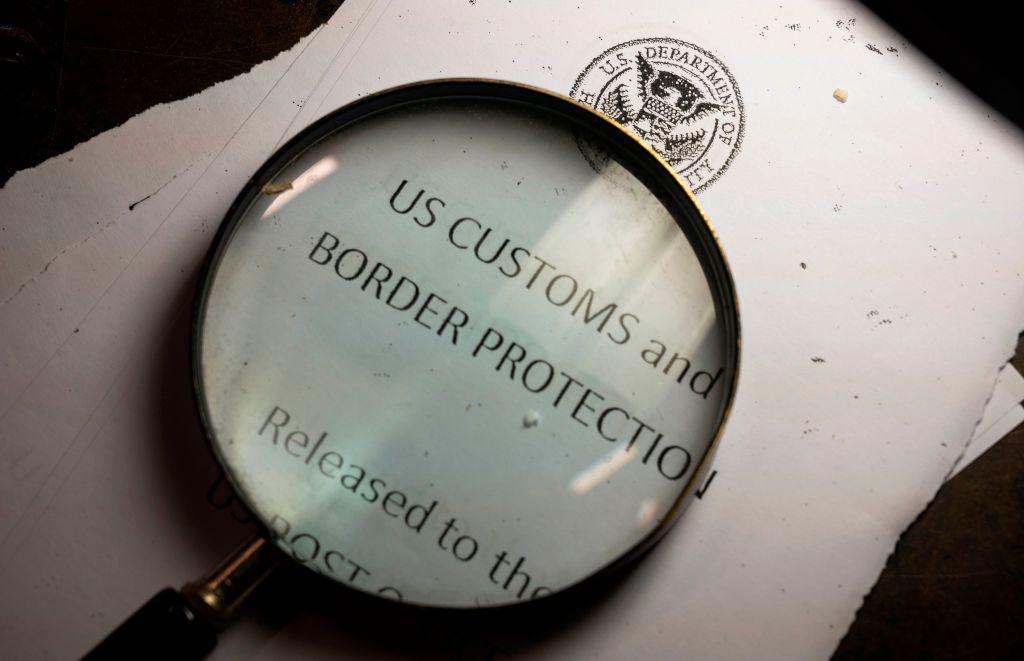In Washington, U.S. customs officials recently seized over $2 million worth of Chinese counterfeit goods destined for Flushing, New York.
According to a Nov. 8 press release from U.S. Customs and Border Protection (CBP), the items, found in an air cargo shipment arriving at Washington Dulles International Airport on Sept. 25 from China, were detained by officials after they suspected the shipment might contain counterfeit goods.




